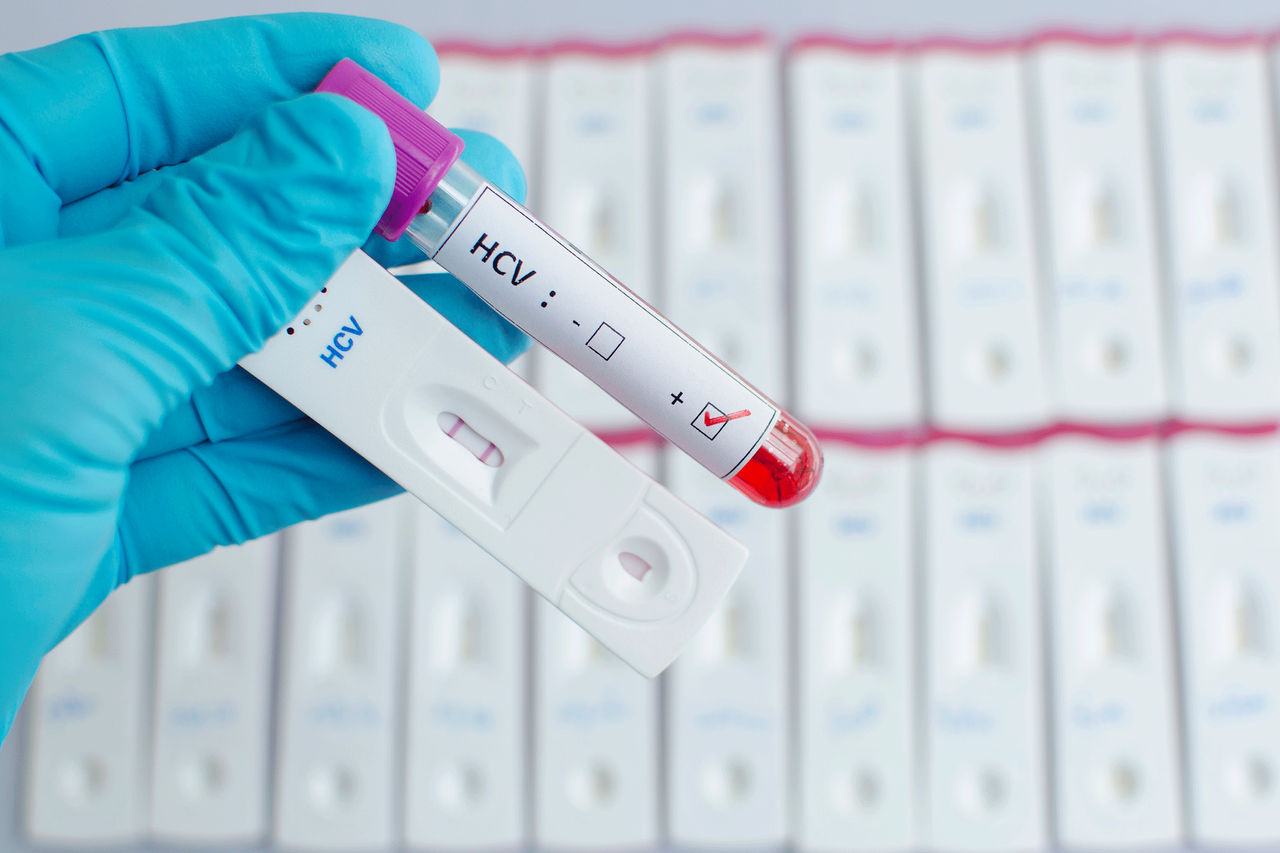Hepatitis C Infection in Children

Children with hepatitis C are usually infected during the birth process when their mother has the virus. Older children can become infected through injection drug use.
Hepatitis is an inflammation of the liver, often caused by the hepatitis C virus. In some cases, the virus goes away on its own.
For most people, hepatitis C is a chronic (lifelong) problem. It almost never causes symptoms until later in the disease. Even so, hepatitis C can cause severe liver damage over time.
A child who has it can pass the virus to others.
YOU MIGHT ALSO LIKE: Is Hepatitis C Making a Comeback?
How children get hepatitis C
The virus spreads through blood. In many cases, you may never know for sure how your child was infected. Hepatitis C can be passed in the following ways:
- From mother to baby during birth. Researchers do not believe the infection occurs in the womb.
- Through contact with infected blood, if your child touches an open cut or scrape or an object that has even a tiny amount of an infected person’s blood on it. Toothbrushes, nail clippers, and pierced earrings can pass on the infection.
- Through infected blood products during a transfusion. Careful screening of donated blood makes this type of transmission very rare in the United States.
- During dialysis (a treatment for kidney failure).
- Through unprotected sex with an infected person.
- Through intravenous drug use or other unsafe needle practices.
What are the symptoms of hepatitis C?
The virus almost never causes symptoms. This means someone can have it for years without knowing. If any symptoms do occur, they will likely be mild.
Symptoms of hepatitis C can include:
- Pain in the upper right abdomen (the location of the liver)
- Tiredness and weakness
- Headache
- Sore muscles and joints
- Upset stomach, vomiting, or diarrhea
- Jaundice (yellowing of the skin and whites of the eyes, dark urine, or light-colored stools)
- Itchy skin
- Low-grade fever
How is hepatitis C diagnosed?
The child’s doctor will ask questions to determine how your child may have been exposed to hepatitis C. The doctor also does an exam. The child’s blood is tested for the virus. Other tests may look for signs of liver damage.
How is hepatitis C treated?
Medication is available to treat chronic infection. In some cases, medication can reduce the amount of the virus in your child’s body to levels that can’t be detected. That lowers the chance of liver damage.
But the medication has risks. If it’s an option for your child, the doctor can discuss the pros and cons of medication with you.
- Ask your child’s doctor for a list of medications the child should not take. Many prescription and over-the-counter medications stress the liver. These should be avoided. Tell any doctor who prescribes medication for your child that your child has hepatitis.
- Be aware that some herbs and supplements can strain the liver. Talk to your child’s healthcare provider before giving the child anything you buy over the counter.
- Make sure your child eats healthy foods. A diet low in fat, high in fiber, and full of fresh fruits and vegetables can help keep your child healthy.
- Teach your child not to drink alcohol. Alcohol can cause severe liver damage in people with hepatitis. If you teach your child to avoid alcohol at a young age, he or she may be more likely to drink less or abstain as an adult.
- Have your child vaccinated against hepatitis A and hepatitis B, two other forms of hepatitis that could cause more liver damage. Other people in your household should also have hepatitis A and B vaccinations. There is no vaccine for hepatitis C.
- Teach your child how to prevent the spread of hepatitis C to others. Take precautions to avoid exposing yourself to your child’s hepatitis C.
What are the long-term concerns?
A child with chronic hepatitis should visit the doctor regularly. This way, the doctor can watch for liver damage. Tests will monitor the health of your child’s liver.
Hepatitis C causes damage over many years. A child with hepatitis C may develop cirrhosis (scarring in the liver) as an adult. This can lead to problems and possibly a liver transplant.
Call the Doctor
Contact your child’s doctor if your child:
- Has signs of dehydration: decreased urination; very dark urine; dry mouth; refusal to drink fluids; no tears when crying
- Is extremely irritable or drowsy
- Loses consciousness
- Has swelling in his or her hands, arms, feet, ankles, abdomen, or face
- Bleeds from the nose, mouth, or rectum, or has bloody stools
- Bruises more easily than normal
Updated:
March 20, 2023
Reviewed By:
Janet O'Dell, RN